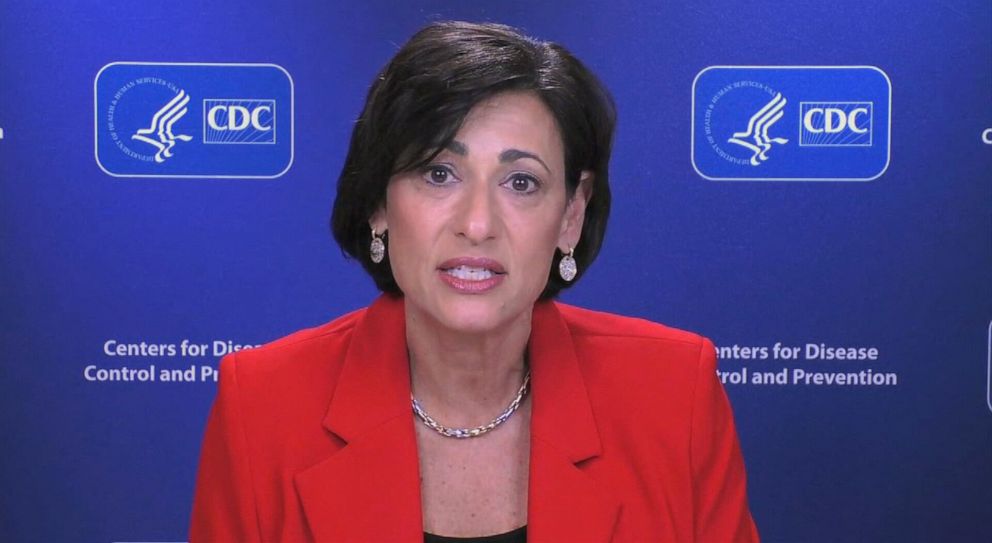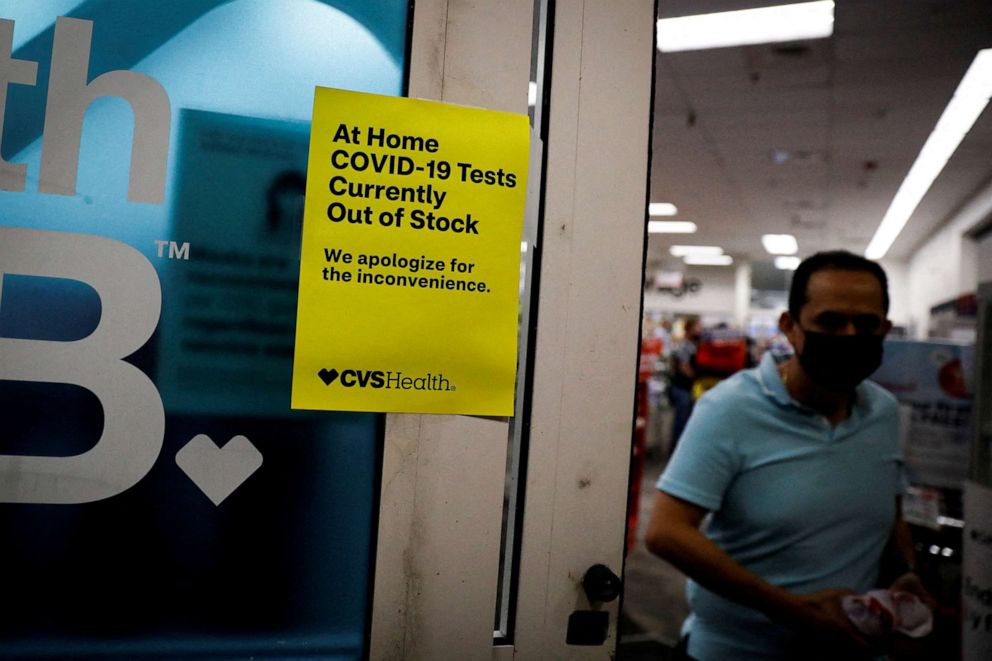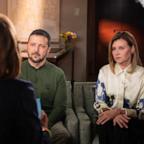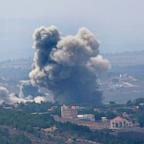CDC director responds to criticism of COVID-19 guidance
Dr. Rochelle Walensky, director of the U.S. Centers for Disease Control and Prevention, is standing by her agency's new quarantine and isolation guidance for COVID-19, which the nation’s largest association of physicians has criticized as "confusing."
The CDC updated its guidelines on Dec. 27, saying asymptomatic people who test positive for COVID-19 should self-isolate for five days rather than 10. In a scathing statement released Wednesday night, the American Medical Association (AMA) said the new recommendations "are risking further spread of the virus."
"The American people should be able to count on the Centers for Disease Control and Prevention (CDC) for timely, accurate, clear guidance to protect themselves, their loved ones, and their communities. Instead, the new recommendations on quarantine and isolation are not only confusing, but are risking further spread of the virus," the AMA's president, Dr. Gerald E. Harmon, said in the statement. "With hundreds of thousands of new cases daily and more than a million positive reported cases on January 3, tens of thousands -- potentially hundreds of thousands of people -- could return to work and school infectious if they follow the CDC’s new guidance on ending isolation after five days without a negative test."

But Walensky defended the new guidance, telling ABC News' Cecelia Vega in an interview Friday on "Good Morning America" that the CDC "make[s] these recommendations in the context of science, in the context of ongoing epidemiology and in the context of what is feasible in collaboration with our public health and local and state public health partners."
"I've read the AMA statement and I have deep respect for the AMA," Walenskey said, "but I will also say we've heard a lot of support for ongoing guidance from public health partners, from other clinical and laboratory partners as well."
Walensky referenced "dozens of studies" that have shown a COVID-19 patient is most infectious in the one to two days before symptoms and the two to three days after symptoms.
"So by five days after your symptoms, the vast majority of your contagiousness is really behind you," she said. "And what we say at day five then is, are your symptoms gone? Are you feeling better? Is your cough gone, sore throat gone? And if so, then it is safe to go out if you are wearing a mask all the time. And that means not going out to restaurants, not going out to gyms, not going out and visiting grandma, but really conscientiously wearing your mask for those last five days."
Walensky noted that people may choose to take an antigen or at-home test at day five, if they have access to one. But it's not required.
"If that test is positive, you should stay home for those extra five days. But if that test is negative you should go out and continue to wear your mask," she said. "You know, these tests are actually not authorized for the purpose of evaluating contagiousness."
CDC director responds to criticisms on COVID-19 guidance





